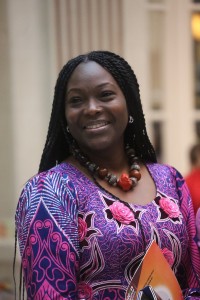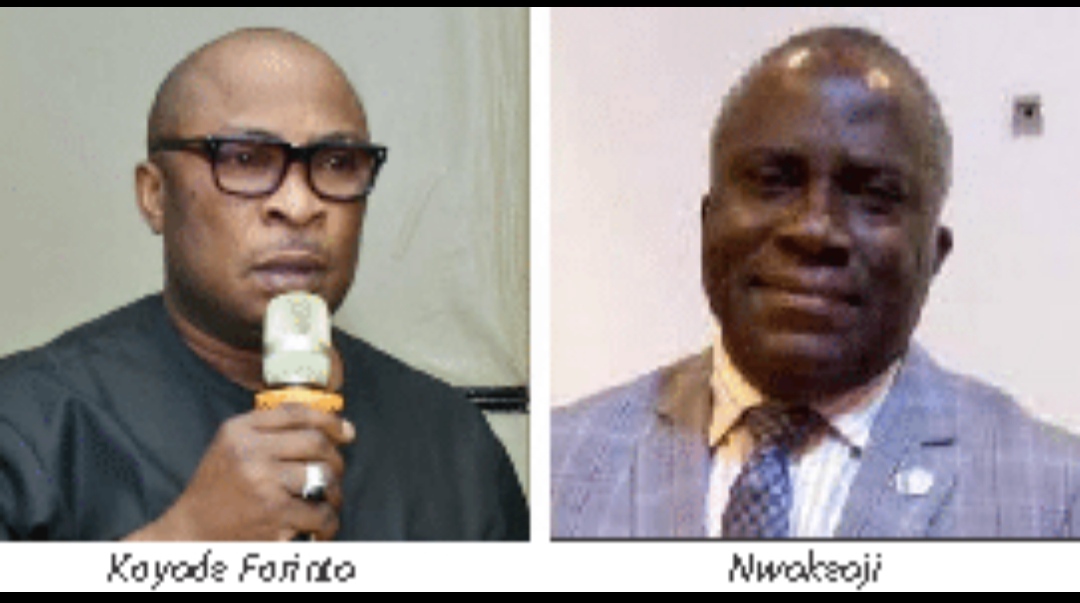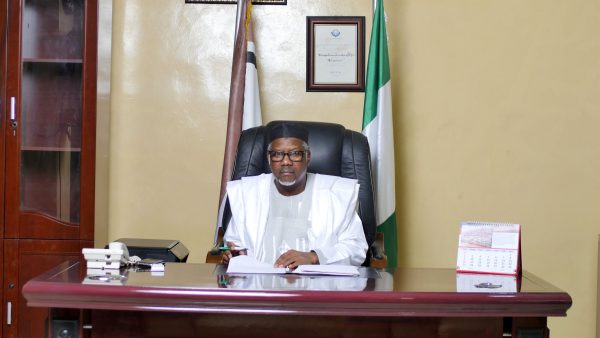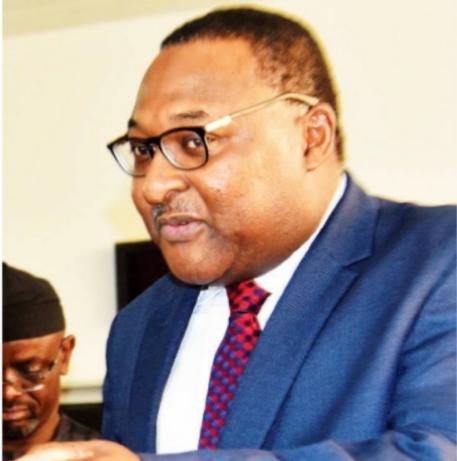How PAAR Has Saved The Country – Valentina Mintah

Valentina Mintah is one of the few inductees in the third edition of the annual event; she is the CEO of Techno Brain West Blue, the brain behind the Pre-Arrival Assessment Report (PAAR) adopted by the Nigeria Customs Service (NCS). This system has helped the nation to save a lot of money which was hitherto being paid to service providers.
In this interview, Mintah expresses her joy in being an MMS Hall of Famer, her passion for ICT, the position of Nigeria in global ICT rating, the potentials of ICT in the country and how PAAR has helped the country to save billions of naira due to the introduction of PAAR.
Tell us how you feel being inducted into MMS Plus Woman of Fortune Hall of Fame
I am truly humbled and honoured to have been inducted into MMS Plus Woman of Fortune Hall of Fame. I am most grateful to the organizers and the panelists for this great honour, which was not at all expected.
How will the award impact on your job performance?
This award will always be a booster and a reminder of the appreciation of the industry especially on those days when things don’t seem to be going right or according to plan.
What is your message for the organisers?
I continue to say thank you to the organizers for this great initiative and most importantly for sustaining this programme over the past years. Recognizing the role of positive news and that of role models in the Transformation Agenda of the government and economic growth of the country is commendable.
How did you start before getting to this height?
I have always been passionate about technology, my continent Africa and the role trade facilitation plays in the economic growth of a nation. I have been fortunate to have these areas of passion come together at the right time and right place, supported by equally passionate people around me.
How did PAAR come into being, what inspired it?
The PAAR concept was inspired by emerging trends in international trade facilitation, the need for a replacement system following the exit of the Service Providers, the vision, drive and tenacity of the Controller General of Customs, the management of Customs, the endorsement of the Minister of Finance, the Minister of Trade and the hard work and determination of the Nigeria Customs Service staff, Members of the Nigeria Customs Consultative Committee (NCCC) and my technical team from Techno Brain West Blue.
PAAR has come to stay as it has been widely accepted so much that WCO endorsed it, how did you feel when it was having teething problems?
It was definitely a difficult time during those teething problem days, however through the collaboration of all key stakeholders, those issues were overcome.
What can you say are the advantages of PAAR over RAR?
One of the main advantages is the building of capacity in core functions of the customs administration and the resulting benefits on the ease of doing business in Nigeria in the areas of cost and time reduction. There will be exponential growth of these advantages with the maturity of the system and the increasing compliance of importers over time,
What are the challenges so far?
The main challenges are increasingly diminishing with the adoption of the system. I believe these are now opportunities for enhancement and development.
What are the structures on ground for its sustenance?
Capacity building of both the operators i.e. Customs, the Banks and the users i.e., agents and their clients is key. This capacity building effort is in both the ICT and industry domain such as accurate classification, valuation, rules of origin etc. These programmes are ongoing spearheaded by the Comptroller General of Customs and the Human Resources Department unit of the service. Licensed Agents as well as other regulatory agents in the trade supply chain are also actively building capacity in their specific areas.
As an ICT expert, what is the place of Nigeria in global ICT rating?
The potential of ICT in Nigeria is extremely high. Currently there is a solid foundation of ICT and telecommunication infrastructure being laid, solutions are being built in-country, the ICT human resource is continuously being enhanced and the legal environment in the areas of ICT are being enabled.
Don’t you think ICT will have negative influence on the employment rate in the country as manual means of working are being taken over by ICT?
ICT will create significant job opportunities with emerging new sectors, value added services, increase in efficiency with the resulting increase in volumes. This will certainly have a positive influence on the employment rate whilst also increasing the skill sets of citizens.
What is the current position of the single window project trade facilitation in Nigeria?
Techno Brain West Blue together with the ICT team of Nigeria Customs Service complemented by a working group of representatives from regulatory agencies such as NAFDAC, SON, NESREA, NAQS, NPA, Terminal Operators, Shippers Council, Licensed Agents etc. conducted a Gap Analysis and Feasibility Study over the last 2 years. This study covered the review and analysis of the Processes, ICT systems and Legal environment of 23 stakeholders (both private and public). The deliverables of this study included: The Nigeria Trade Hub (the single window of information for trade) which has been commended by the WCO as international best practice and included in their “Single Window Compendium”
- The National Single Window proof of concept
- The first ever Nigeria Import, Export and Transit Process Manual
- The Blue Print for the National Single Window with all technical specifications
- Implementation of Road map
The next step now required is a presidential mandate for implementation by the Lead Agency Nigeria Customs Service and relevant partners, validation of the blue print and implementation/deployment of the system. We believe that based on our track record set with the Nigeria Trade Hub in conjunction with Nigeria Customs, the achievement of a true National Single Window in Nigeria is a reality if all stakeholders collaborate to achieve this vision.
How many of the stakeholders in the trade facilitation have signed to single window initiative?
There is buy-in at various levels from all stakeholders involved in the trade supply chain in one form or other.
How much would you say PAAR has saved Nigeria in terms of cost when compared with RAR?
There are both qualitative and quantitative benefits of PAAR to the nations and citizens alike. From a monetary point of view we are pleased to have worked with Nigeria Customs Service to save the nation an estimated 4 Billion naira ($25million) per month, which was previously being paid to the Service Providers for the service.
What do you see as the prospect of PAAR in the near future in Nigeria?
PAAR is an integral part of the ecosystem of the trade environment in Nigeria. Continuous evolvement of the scheme in line with emerging trends will aid improved trader compliance and efficient service delivery by Nigeria Customs Service. In addition, PAAR positions Nigeria as a thought leader in the Africa region for Trade Facilitation.







